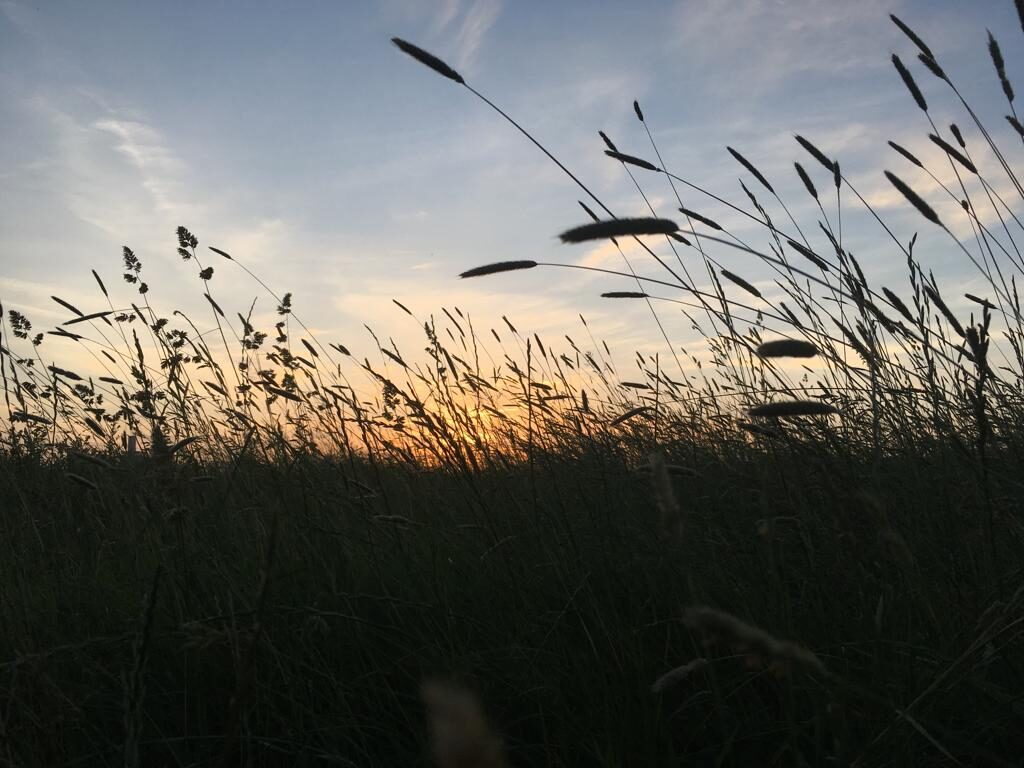Celebrating Love Parks Week 2024
Love Parks Week is an annual celebration that highlights the vital role of green spaces in boosting the health and well-being of residents and communities. This year it runs from July 26th to August 4th.
Grounds Maintenance, Landscape Creation, Arboriculture, Sports Surfacing, Parks management, IOS Managing Safely Training, Ecology & Biodiversity, Grass cutting, Horticulture, Street Cleaning, Soft Landscaping, Hard Landscaping
idverde provides a wide range of green services, including grounds maintenance, landscape creation, and advice services, to both private and public sectors across the UK.
Love Parks Week is the perfect celebration of the green spaces that enrich our lives. Whether your passion is walking, cycling, picnicking, or just relaxing, parks are the ideal places to connect with nature and each other.
Wormwood Scrubs, known locally as the Scrubs, is the largest greenspace in Hammersmith and Fulham at a whopping 76.8 hectares.
We believe Wormwood Scrubs creates a thriving biodiverse green space hidden in a very urbanised corner of the London Borough of Hammersmith and Fulham in west London.
Check out what RSPB’s biodiversity advisor, Kate McVay, had to say about the park in celebration of Love Parks Week:
About Wormwood Scrubs:
Wormwood Scrubs, known locally as the Scrubs, is the largest greenspace in Hammersmith and Fulham at 76.8 hectares. The Scrubs is Metropolitan Open land, and the western half of the site is a Site of Importance for Nature Conservation. The Scrubs is comprised of short mown amenity grass for a variety of playing pitches, woodlands along the perimeter of the site, meadow grassland areas and a large expanse of scrub/grassland mosaic habitat, which has recently been submitted for LNR status. There are nearly 100 species of bird found here throughout the year, including a locally important population of ground-nesting meadow pipits, as well as a variety of invertebrates and a strong population of common lizards.
What services does idverde provide for WWS?
idverde is contracted to provide grounds maintenance work on site including cleansing hard surfaces, grass cutting, litter collection, scrubland management and infrastructure maintenance. In addition to these tasks, idverde provides an onsite RSPB Community and Ecology adviser in charge of the following tasks: ecological surveys as part of an ecological baseline audit, local and corporate conservation volunteering (scything, hedge laying, tree planting, scrub management, habitat creation), annual work plans for ecologically sensitive areas on site, best practice advice for management and training for GM team.
How do your services benefit the client and the community?
Our GM team ensures that the space is well-maintained and litter free while our RSPB Community and Ecology Adviser facilitates volunteer days and ecological events for the local community (such as Dawn Chorus Walks and Butterfly Surveys). We also run a variety of corporate volunteer days which have allowed us to plant trees, conduct path maintenance works and refurbish benches to enhance the experience of site users.
Can you give an example of a recent project or initiative that has happened in the last 12 months?
We implemented hedge laying for our wildlife hedge management last winter and laid almost 200 metres of hedge with the help of local volunteers to reduce the height of the hedge and improve site lines as well as enhancing the hedgerow habitat. We have also implemented cut and collects in our meadow grassland areas in an attempt to increase wildflower coverage and reduce the dominance of grass. Our cut and collect project is conducted mainly by volunteers with the use of scythes and rakes.
How do you encourage biodiversity at WWS?
Hedge laying, meadow cut and collects, deadwood habitat creation, wildflower patch seed sowing, tree/hedge planting and bird box creation are a few of the methods we use to enhance biodiversity on site.
Does your park have any interesting or unusual features?
We have a large expanse of scrub/grassland mosaic habitat in the western half of the site. The entire site is quite unlike any formal park in London in keeping with the ‘more wild than tamed’ aspiration of the Friends group on site. The site lacks any formal features but is set to have a series of scrapes, swales and ponds implemented in the near future as part of the ecological masterplan for the site.
